





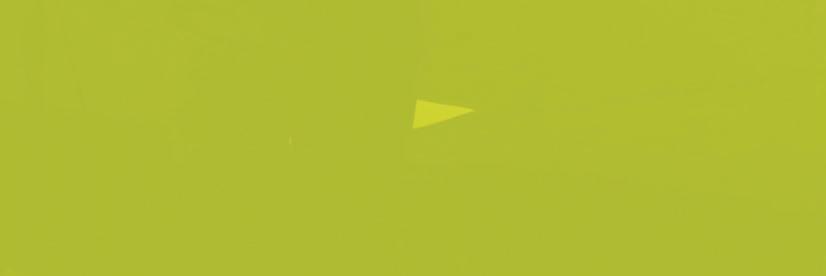
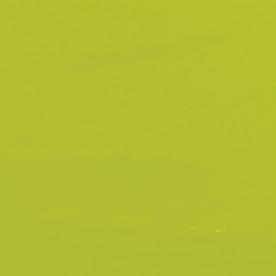
The special education program, known as the Transition Program, was set up in 1994. It caters for students with mild to moderate intellectual disabilities, from Years 7 to 12. Tuition is delivered from a double classroom situated in the centre of the school and from a multi-purpose house adjacent to the main school campus. Students have access to all school facilities and co-curricular activities.
Presbyterian Ladies’ College, Sydney is a day and boarding school for girls, off ering a broad curriculum to students from a diverse range of backgrounds.
Founded in 1888 and situated at Croydon, the College is set within 4.4 hectares of landscaped grounds and retains its 19 century heritage buildings and gardens alongside modern state-ofthe-art facilities.
PLC Sydney aims to educate young women from the basis of a Christian world view to make a difference in a rapidly changing global society. Its graduates are confident, caring, accomplished young women who make a fine contribution to society and who carry a genuine concern for the welfare of others.
Our main goal is to help students become the best they can be, to be as independent as possible and to have choice when they leave school. To reach
this goal, the program addresses the development of academic outcomes, social skills and independent living skills.
Social and independent living skills outcomes are determined in close collaboration with each student’s family. Targeted skills are taught in context according to relevance and need. They are taught explicitly, modelled and practised at every relevant opportunity. There are many structured opportunities to practise social and independent living skills at events within and beyond the PLC community. Students take part in social lunches, camps, sporting events and the Live-in Program for the Senior girls.
Individual Educational Plans are developed in consultation with parents, students and relevant parties, taking both the NSW Education Standards Authority requirements and the specific needs of each learner into consideration.
Students study courses as required by NESA, and work towards meeting Life Skills outcomes. They achieve these outcomes in a range of environments. Although individual subjects are timetabled, most teaching is done across curriculum.
Students are taught mainly within the Transition Program, with opportunity for mainstreaming available where deemed beneficial for academic and personal development. In addition, students may
receive individual or small group tuition, peer support, and off-site training for work experience and independent travel.
Specialist staff are involved in some subjects, such as Art, Drama, IT, Music, Speech, Library, Science and PE. Students and teachers have access to a range of technology including an interactive white board in both classrooms, laptops and tablets.
Teachers are constantly creating and adjusting resources to meet the needs of the students in the best possible way to foster learning and development.
Students are assessed in terms of their achievement of the outcomes set in their Individual Education Plans. A full range of procedures is used. Methods can include observation, anecdotal records, practical tasks, formal tests, open book tests, work samples, reports, performances and oral presentations.
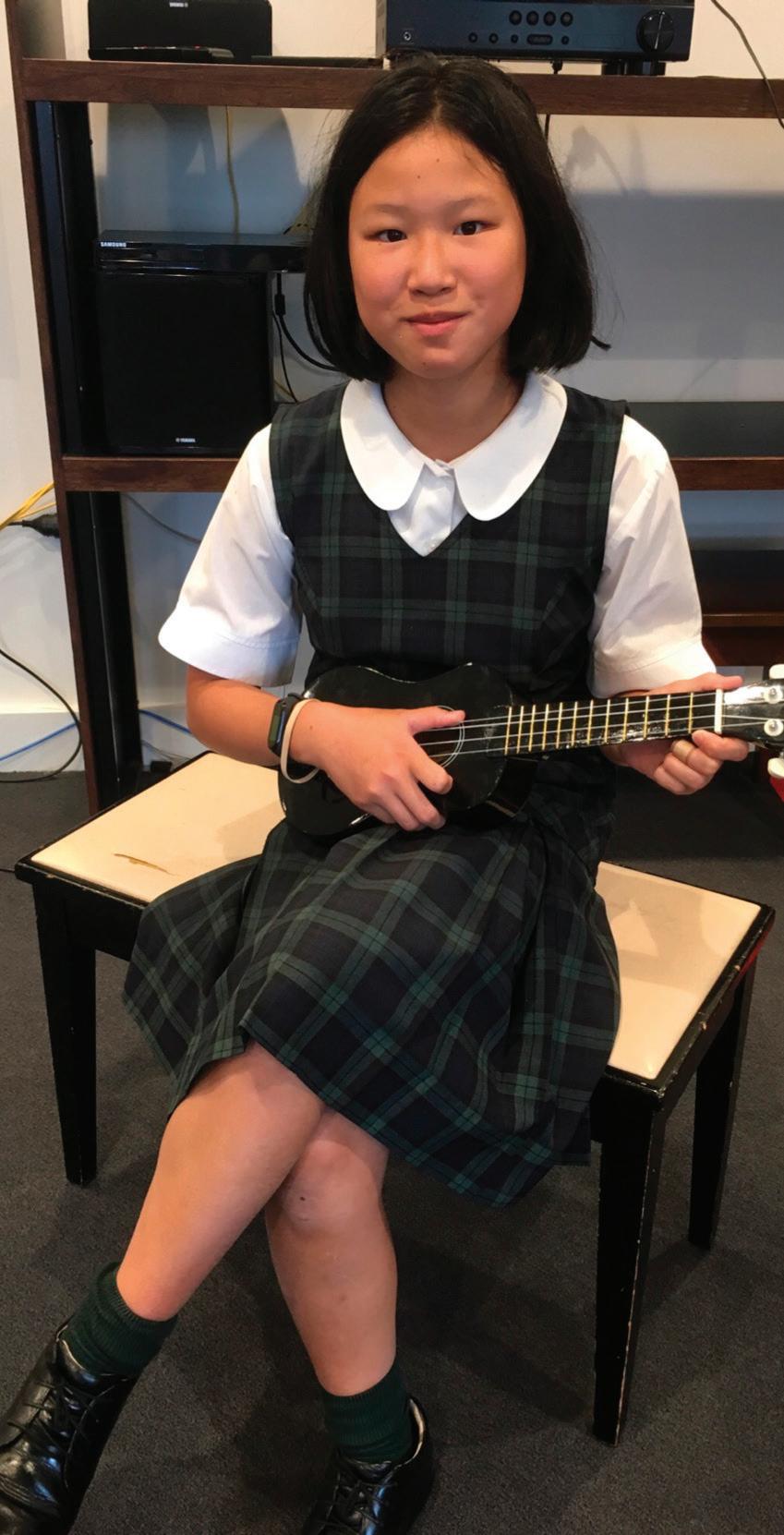

A UNIQUE LEARNING ENVIRONMENT WHERE GIRLS FEEL COMFORTABLE AND ARE ENCOURAGED TO DEVELOP THEIR OWN UNIQUE TALENTS AND INTERESTS.
The Senior Transition Program caters primarily for students in Years 11 and 12, with the flexibility for Year 10 students to access aspects of the program, depending on their needs and interests. The program is predominantly based in the Transition house and aims to:
• Provide a natural learning environment where students learn and apply knowledge, skills and values that will enable them to maximise independence, productivity and integration into the community;
• Facilitate a smooth and gradual transition from the school environment to the work/community environment;
• Establish links with leisure and recreational facilities in the local and surrounding communities and empower students to access these facilities independently;
• Enable further individualisation of students’ programs, Achieve goals set
“The Transition Program provides a caring and nurturing environment where the girls are encouraged to be proud individuals. The wonderful support and dedication of the staff is the major key to its success. When Cathee told us she would have our daughter travelling 22 stations independently we didn’t believe her but she was right! When Sarah first started in Year 7 it was such relief to know we had found a wonderful program where the teachers truly understood our daughter. It was really exciting watching Sarah grow from a timid shy Year 7 girl to a confident Year 12 student, ready to tackle the challenges ahead”.
in each student’s Individual Education Plans, especially in the areas of community living, personal management and social integration.
In the final year of schooling, staff support students and families as they explore post-school options, organising meetings with various agencies, completing referral forms and providing travel training and orientation programs to new environments.
Many of our students move into Transition to Work programs, further study at TAFE and/or part-time employment.
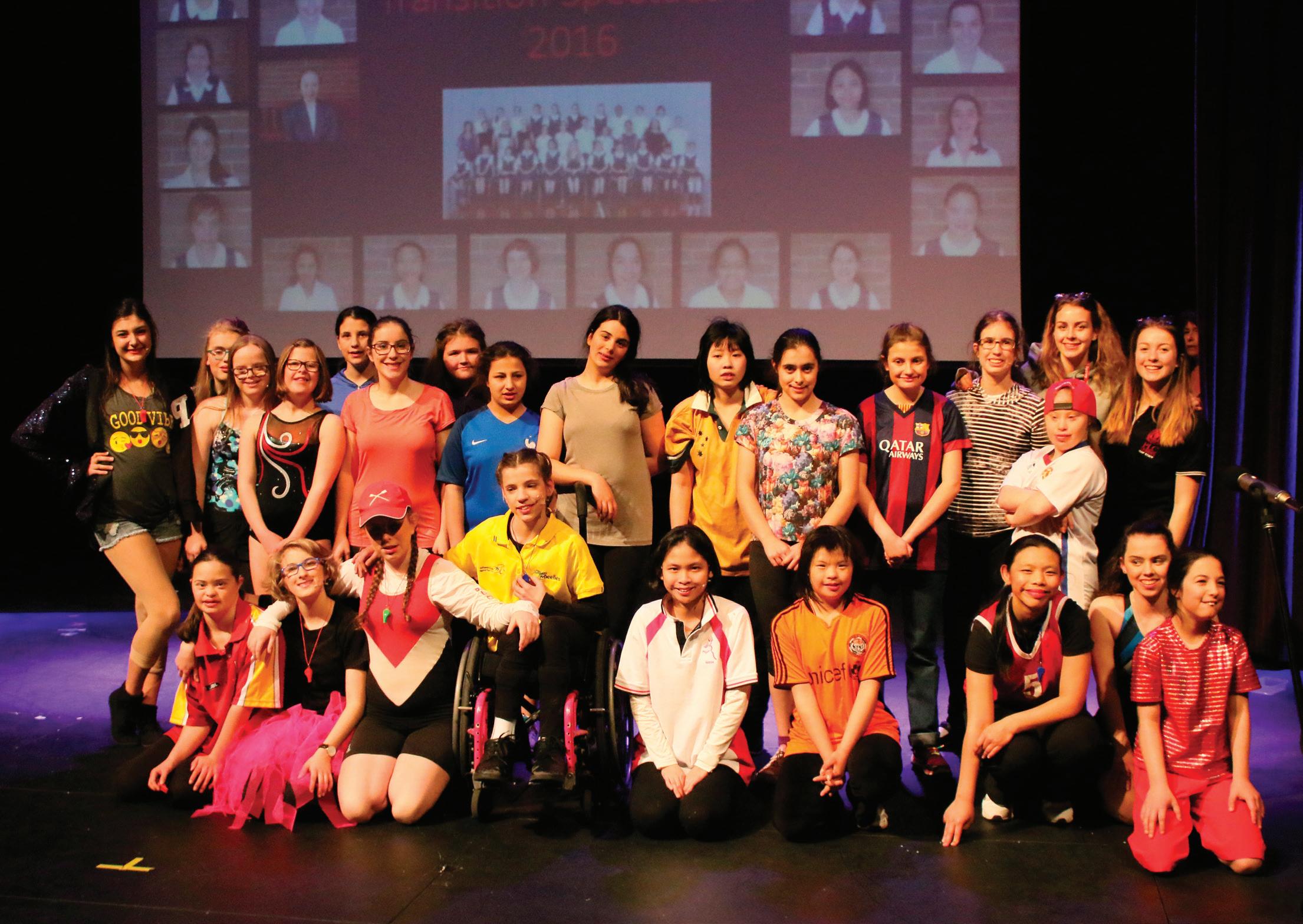
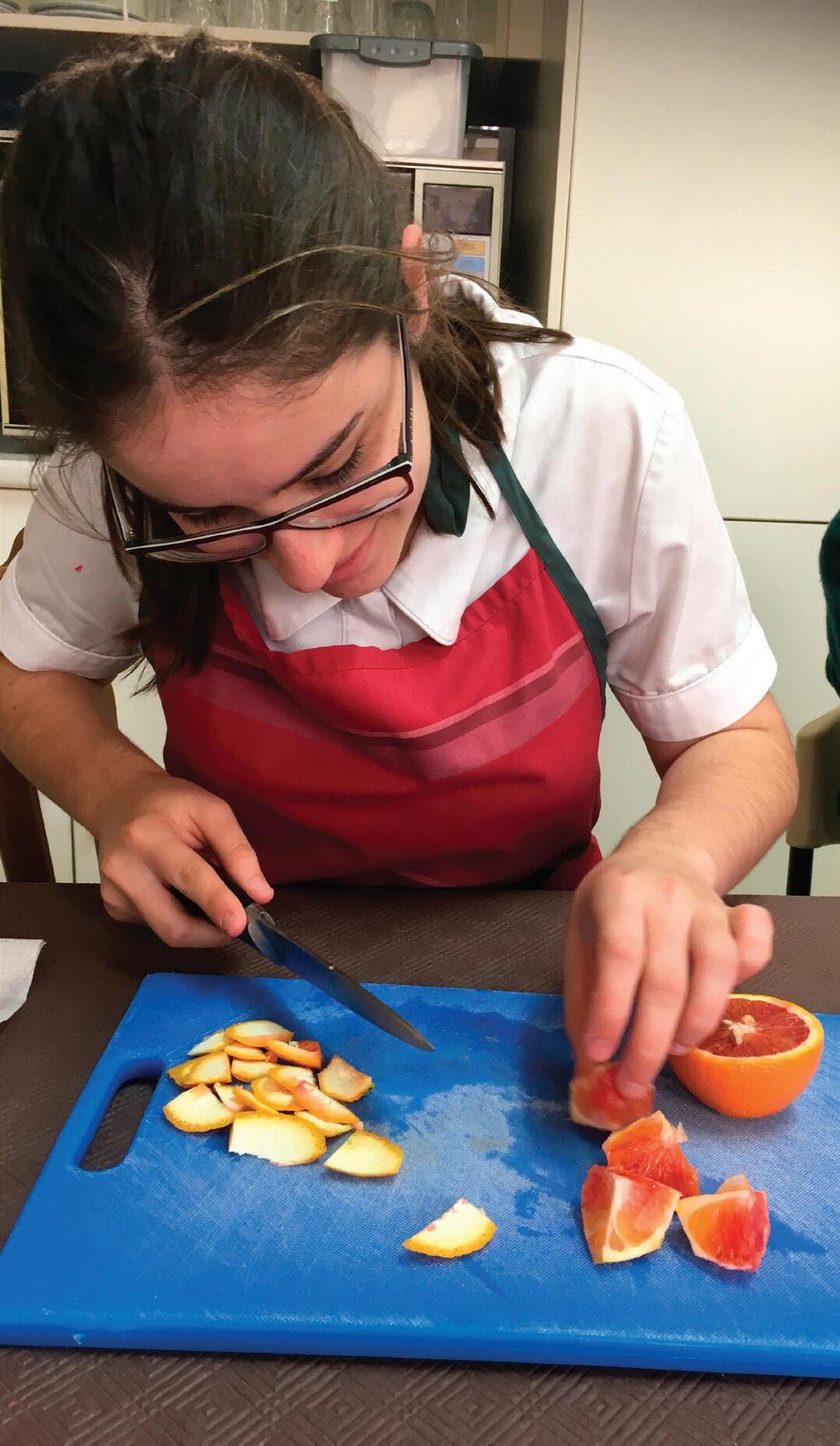
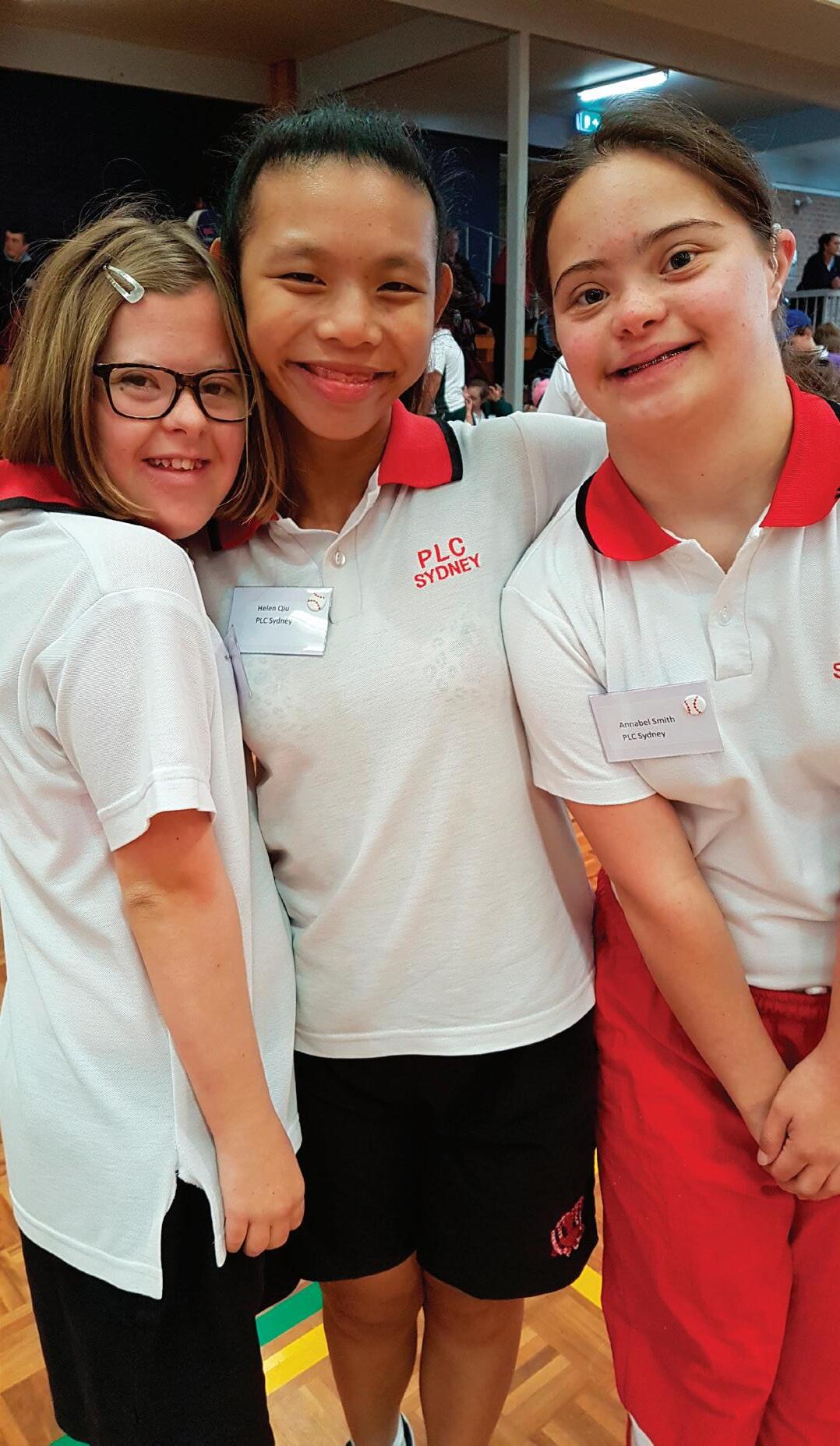
CONTACT US
Call to book a tour of the College and discuss your daughter’s needs at a time convenient for you and your family.
Meta St Croydon NSW 2132 www.plc.nsw.edu.au
Enrolments Offi ce
(+612) 9704 5695 enquiries@plc.nsw.edu.au
Head Teacher Special Education Transition Program
(+612) 9704 5690 aobrien@plc.nsw.edu.au
1. An indication of interest (received by letter, fax or phone) is recorded.
2. An invitation to view the program in operation is extended. Once they have viewed the program, prospective families are asked to register their interest and the year of intended enrolment by completing the Application Form.
3. Contact is made 12 to 18 months prior to the date of preferred year of entry with a view to assessing eligibility, formulating the application and collecting and/or organising updated assessments.
Our preferred intake is at the beginning of Year 7; however, we are willing to consider students for enrolment into other years up to Year 11.
4. Depending on assessment and availability of places, an offer of placement may be extended. Ideally, notification is given six to 12 months in advance.